On Nikkei
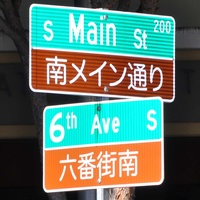
What is Nikkei? Ryusuke Kawai, a non-fiction writer who translated "No-No Boy," covers a variety of topics related to Nikkei, including people, history, books, movies, and music, focusing on his own involvement with Nikkei.
Stories from this series
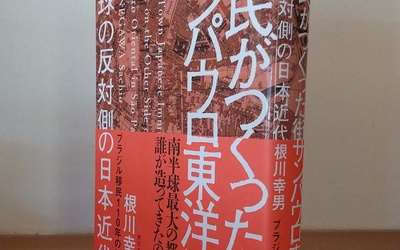
Part 20: Sao Paulo's Oriental Town - Japanese Brazilians
Dec. 23, 2022 • Ryusuke Kawai
Brazil is a large South American country located on the other side of the world from Japan. There are 1.9 million Japanese people living here, making up the world's largest Japanese community. When the number of immigrants from any country increases, people naturally gather together and form communities similar to those in their home countries, giving birth to a small community of their home country in a foreign country. Stores and streetscapes similar to those in the home country are …
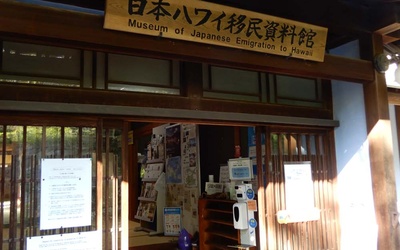
No.19 Setouchi Japanese Emigration Museum
Dec. 9, 2022 • Ryusuke Kawai
The Seto Inland Sea is dotted with about 700 islands of various sizes, and Suo-Oshima (officially Yashirojima), located in the southeastern part of Yamaguchi Prefecture, is the third largest island, but it is here that the Museum of Japanese Emigration to Hawaii is located. During a trip to the Chugoku region, I visited the museum on an island that is also known as the "Hawaii of the Seto Inland Sea" for tourism purposes, to find out what it is like …
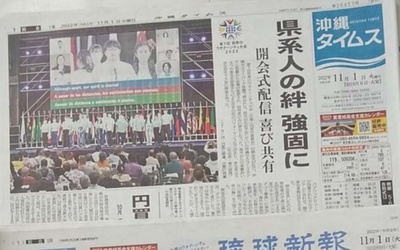
The 18th Uchinanchu Festival: A gathering of Okinawans from around the world
Nov. 11, 2022 • Ryusuke Kawai
A symbol of Okinawa's individuality The 7th World Uchinanchu Festival (organized by the Okinawa Prefectural Government Executive Committee) was held from October 30th to November 3rd in various parts of Okinawa, mainly in Naha City, bringing together people from all over the world with roots in Okinawa, and beautifully demonstrated the uniqueness of "Okinawa connected to the world" within Japan. "Uchinanchu" means "Okinawan people" in the Okinawan language. In other words, this conference aims to bring together Okinawans scattered around …
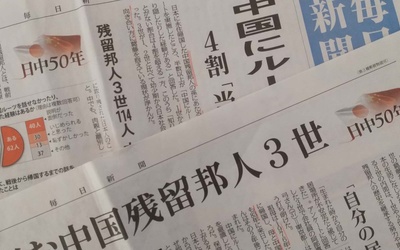
Part 17: Third generation Chinese orphans confused about their roots
Oct. 28, 2022 • Ryusuke Kawai
Diplomatic relations between Japan and China were established in 1972. This September marks 50 years since the normalization of diplomatic relations between Japan and China, and a special feature has been published about the "China orphans" who were left behind in China and whose return to Japan was made possible by the normalization of diplomatic relations. For many years, the government has conducted research on orphans left behind in China, provided assistance for their repatriation, and provided support for their …
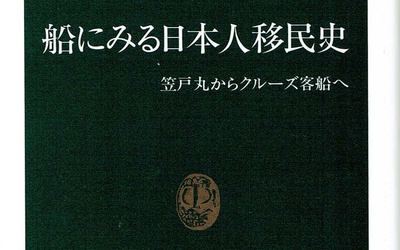
Part 16: The story of the ships that carried immigrants: "The history of Japanese immigration as seen through ships"
Sept. 23, 2022 • Ryusuke Kawai
Unlike today, when overseas travel is by plane, in the past, it was common for people to travel by sea from Japan, an island nation. People who immigrated to North and South America also had to travel by ship for a long time before finally arriving in a foreign land. Countless people boarded large passenger ships from Yokohama and Kobe. If you go to the Nippon Yusen Historical Museum near the port of Yokohama, you can find materials that explain …
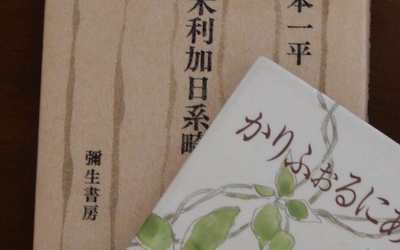
No. 15: An elegy for the first generation — Reading Nomoto Ippei
Sept. 9, 2022 • Ryusuke Kawai
Once, when I wandered into a jazz bar run by a Japanese person in Little Tokyo, Los Angeles, I had a chance to talk to a local Japanese person who seemed to be a regular. The person, who had lived in the area for many years, told me various things about the local Japanese people during my travels. He said, "There are some people who, for various reasons, can't stay in Japan and have come here." The other day, I …


